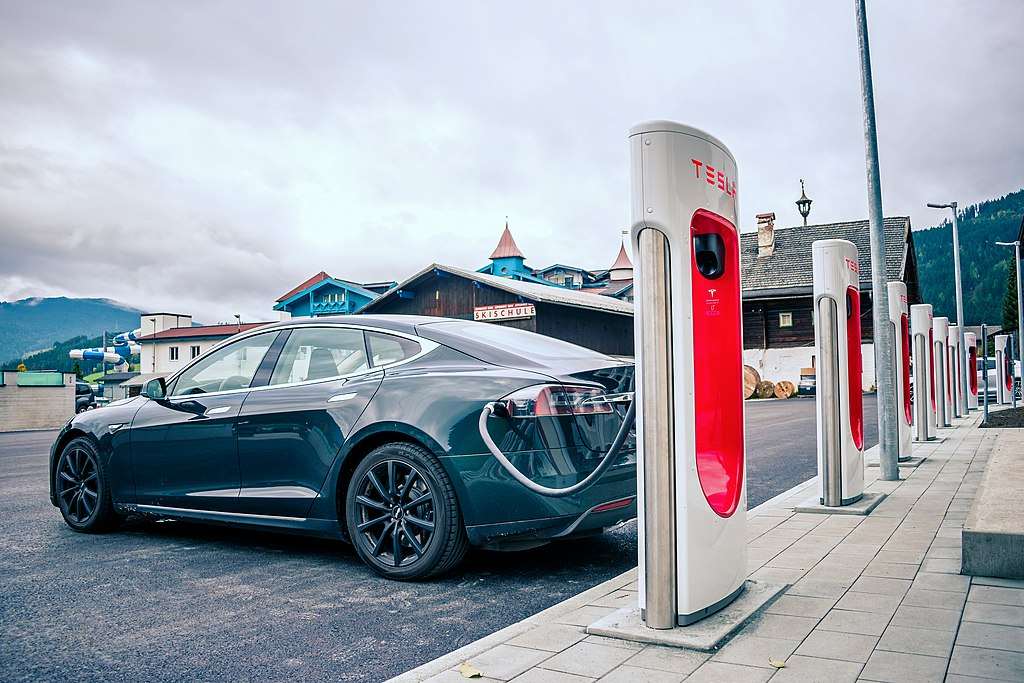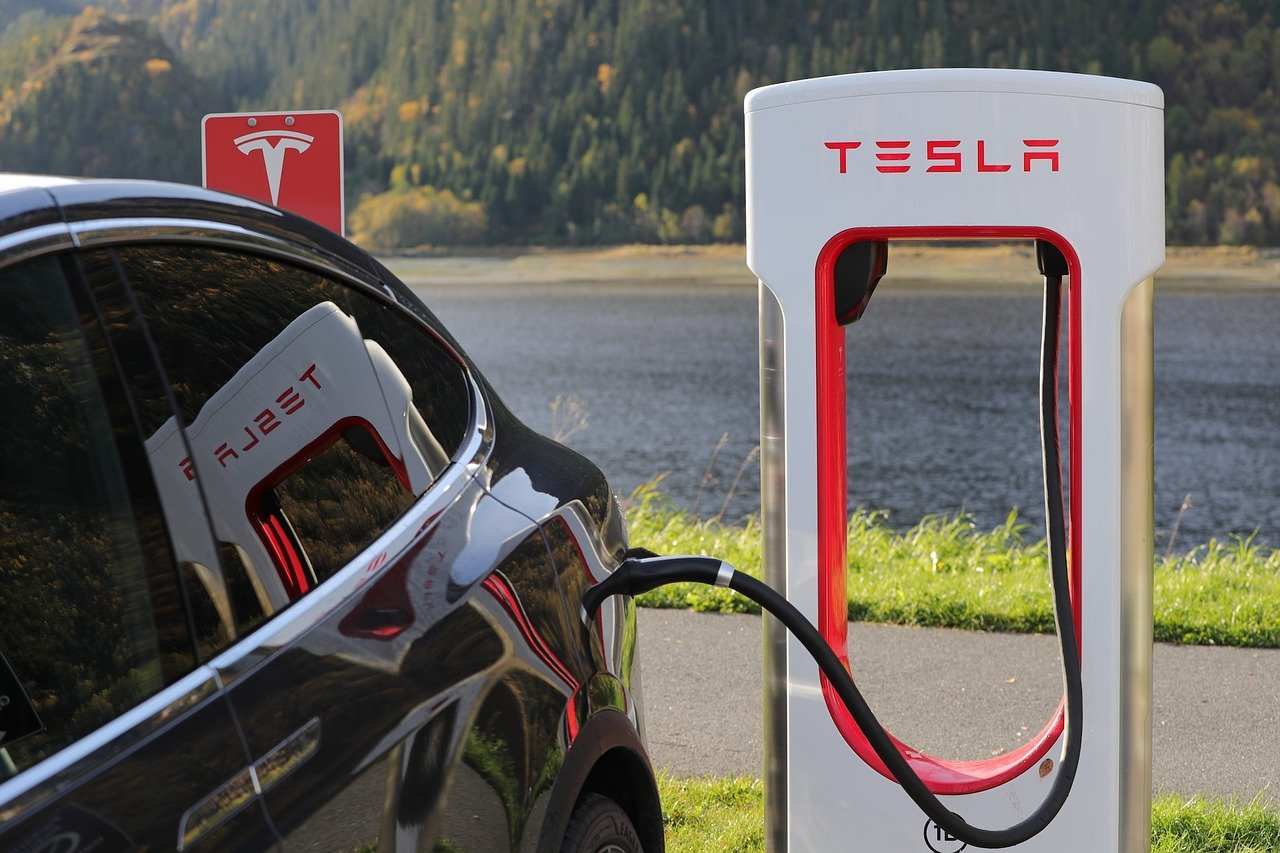You’ve just bought a Tesla car. Congratulations! You are now the proud owner of one of the most efficient, reliable electric cars on the market today. But you have also entered the exclusive club of car owners who need to charge their vehicle. How much does it cost to charge a Tesla?
The answer isn’t as simple as you might think! Many factors contribute to the cost of charging an electric car, and they vary depending on the type of charger you are using, which car you drive, how often you drive your car, and other factors.
Contents
Determining Factors for Charging a Tesla Car
So you want to charge your Tesla, but don’t know how much it will cost? Well, worry no more! Here is a breakdown of the factors that contribute to the total price of charging.
Type of Chargers
First, what type of charger are you using? There are three different types: Level 1 AC charging (the universal charging option), Level 2 AC charging (found in households), and a Tesla Supercharger.
A Level 1 charging station with a standard outlet uses 110-120V of power and provides between 7.5 amps and 15 amps of electric juice to your car. This type of charging is the slowest way to recharge your Tesla. The average time for a full charge with this method can take even a few days if you are charging a long-range car like the Tesla Model 3. The charging time can vary depending on how much you are driving each day.
A Level 2 AC charging refers to plugging into an outlet in your home or office that uses 220-240V of electric charge and offers around 40 to 50 amps of power. This is the most common type of charging and can take anywhere from seven to 12 hours, depending on how much you are driving/charging each day.
Finally, there are Tesla Superchargers, which use a whopping 480V or more electric power. However, they also provide around tenfold electric power output compared to the Level 1 charger. With over 100 amps output, it’s possible to replenish 200 miles (ca. 322 km) in 15 minutes.

For daily charging, the Level 2 charging option is the most suitable option because you can give a full charge by leaving the car plugged in overnight. Supercharges are recommended only for a quick boost when you are on a long road trip.
A Few Other Factors
How much does it cost to charge a Tesla? Well, it will also depend on whether you are going to recharge the battery from 0 to 100 percent. It will take much more energy to recharge a completely drained battery. Also, the battery tends to consume more power when it gets closer to full capacity.
AC chargers are less efficient than the DC charging units. For this reason, superchargers cost less than both Level 1 and 2 charging stations.
How Much Does It Cost to Charge a Tesla Car?
Let’s find out the estimated charging cost of your Tesla car for different types of chargers. We will discuss the costs of charging with an AC and DC charger.
AC or Home Chargers
The residential energy cost in the United States is $0.1399/ kWh, but we will round it up to $0.14 for ease of calculation.
The Model S has a 100 kWh battery pack, so it will cost $14 to fully charge the battery from 0 to 100 percent, right? Well, the calculation is not that straightforward. No AC charging station, be it Level 1 or Level 2, provides 100% efficiency. So, if the average efficiency of these chargers is 85%, you have to add 15% additional energy cost to that price.
The total cost for a full charge of the battery will be around $16.47. However, the original cost will be a little less because you are unlikely to charge the battery from 0 to 100 percent.
Model S has two versions: Plaid and Long Range, which have an estimated range of 396 miles and 405 miles, respectively. So, you need to pay $0.042 per mile for the Plaid and $0.041 per mile for the Long Range.
SEE MORE
- Does Revving Engine Quicken the Battery Charging Process?
- Tesla Car Charging: How Long Does It Take?
Tesla Superchargers
How much does it cost to charge a Tesla with a supercharger? In the United States, the price of commercial energy is cheaper than the household price prices. But Tesla charges more than this rate for its Supercharger network.
Adding an extra $0.10/kWh to the average energy price in the country (based on the EIA data), the estimated unit price in the network becomes $0.216. For ease of calculation, we will round it up to $0.22 per kWh.
The superchargers don’t lose much energy in the process of transferring it from the source to the battery pack. Their estimated efficiency is around 95%, so there won’t be much additional energy cost.
For a Model S car, you have to spend $22 for a full charge. However, it will be $23.1 by adding the cost of 5% energy loss. For the Plaid version, the $0.058 and $0.057 for the Long Range version.
Conclusion
How much does it cost to charge a Tesla? It’s not hard to figure out if you know the rate of energy, the battery’s capacity and charging condition, and a few other factors.



